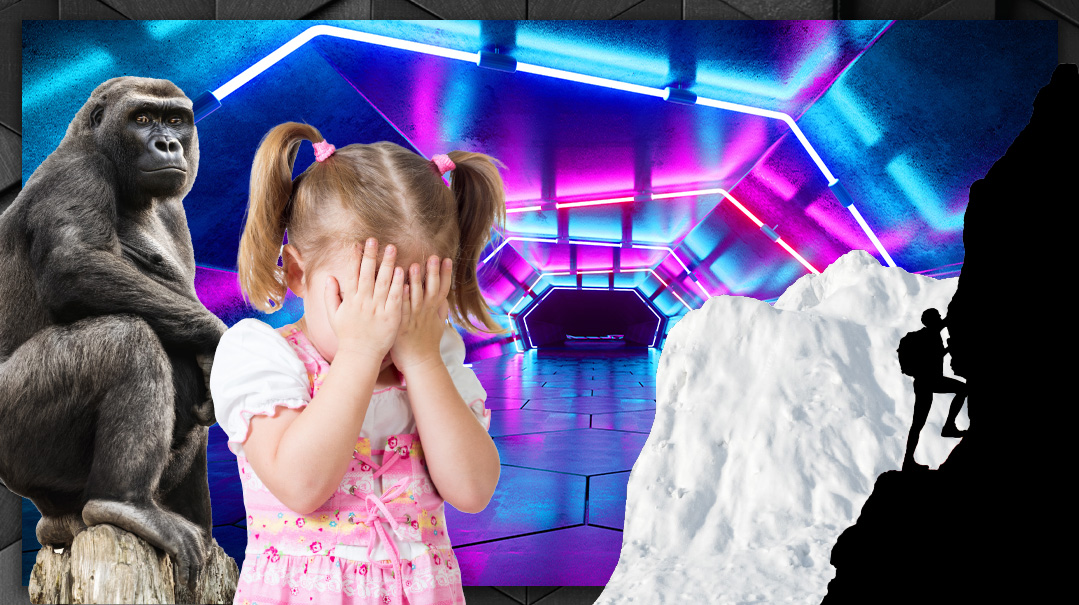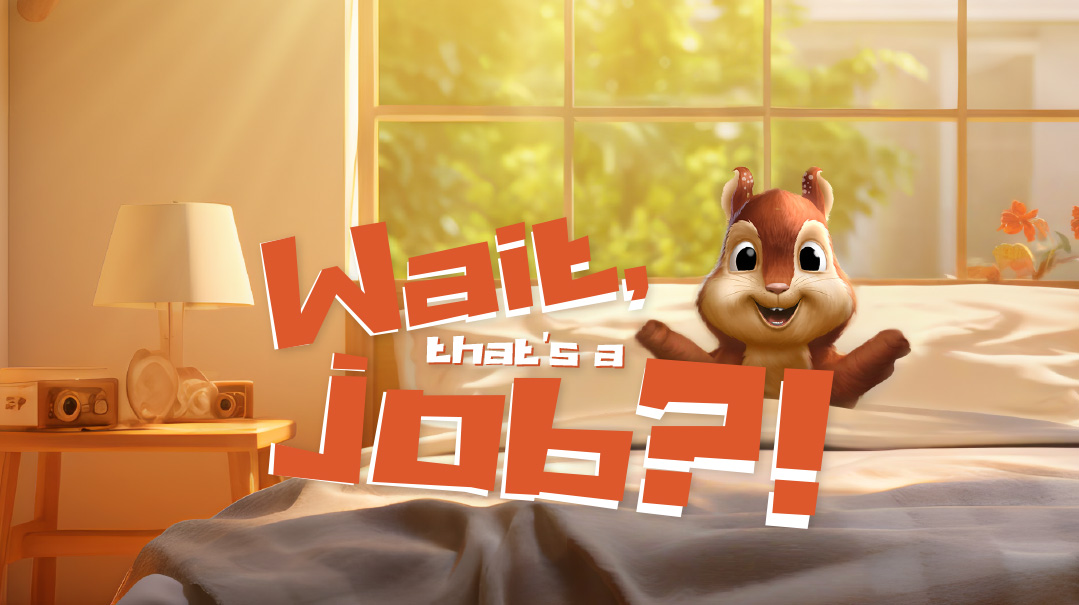A Matter of Perspective

Reality may not be what it seems

Perception isn’t just based on what you see. Your perception, meaning your experience of reality, is also based on your physical abilities, your energy levels and feelings, your social identity, and other factors. Read on to find out how your perception of reality may just happen to be a bit distorted!
The Placebo Effect
You’re feeling pretty blah, and you have a handful of symptoms to prove that it isn’t all in your head. Your mother says she might have “just the thing” to make you feel better. In fact, it’s been proven to be just as effective as other medications. Nope, it’s not chicken soup (though that might work, too!). It’s a placebo (pluh-see-bow): any kind of medical treatment that seems to be real but actually isn’t.
The placebo could be a pill, shot, or other form of “fake” cure, but whatever it is, it has no active ingredients that really affect your health. And yet, the placebo can sometimes be just as effective as medication. Scientists have studied the placebo effect — and used it — to help treat everything from pain to depression and more.
How can believing that a treatment will be effective actually make it effective?
Researchers think part of why it works is because believing something is real triggers a response in the brain as if it were actually real. So, the brain thinks you’re taking medicine, and it triggers our immune system to power up, or it causes certain hormones to be released. There’s still so much about the placebo effect that we don’t understand, but we do know one thing: The mind is very, very powerful!
The Schleppy Problem
You missed your ride home from school. It’s not that bad, because school’s only a few blocks from your house. But you’re feeling so, so tired today. And your teachers gave you a boatload of homework, so your backpack weighs approximately two-and-a-half tons. As you schlep up the hill toward your street, you think, “Has this hill always been so steep?”
Guess what? Your energy level and your physical abilities actually change the way you see the hill. Researchers have proven that if you’re extremely tired, distances actually look farther. And if you’re wearing a heavy knapsack, the hill will look steeper to you than to a person who carries no load. Weird, right?
They’ve also found that if you’re carrying one of those grabber thingies (you know, those things that custodians might use to pick up litter in a park), objects actually appear closer to you. (That’s because your reach has been extended.) Studies have also shown that people holding heavy clipboards are more likely to give importance to issues related to fairness than people holding lighter clipboards.
So, scientifically speaking, your physical circumstances affect the apparent walkability of a hill or a distance, the accessibility of an object, or the importance of being fair. You’re not seeing the real hill or the real distance. You’re seeing it as you see it. Think about that for a minute!
Oops! We could not locate your form.






